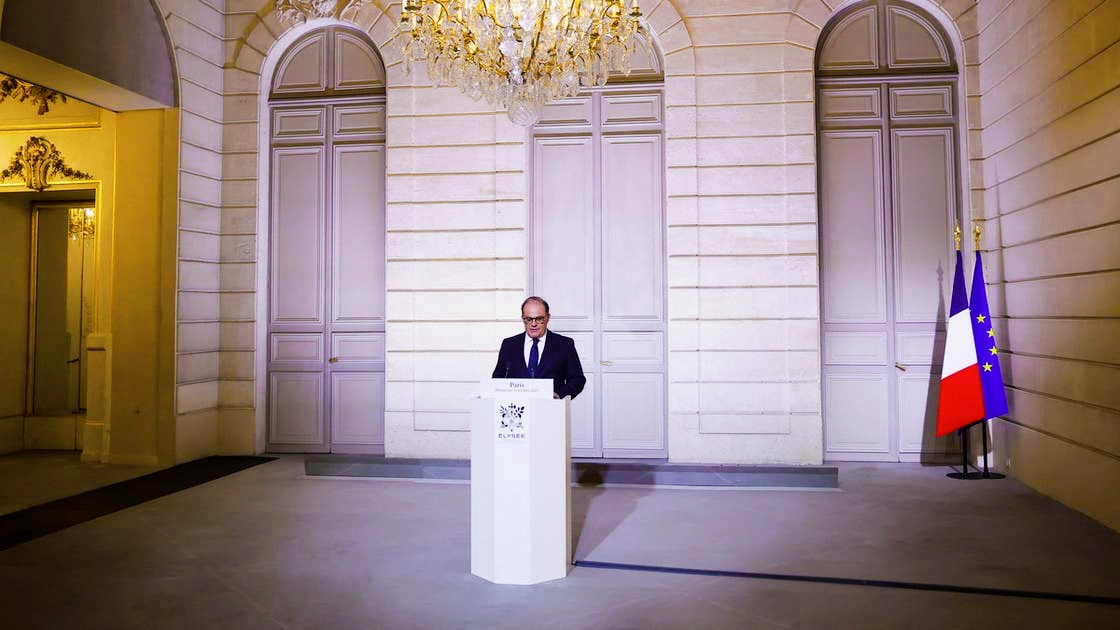In a move aimed at breaking the political deadlock that has gripped France for months, French President Emmanuel Macron announced yesterday, Sunday, the formation of a new government led by Prime Minister Sébastien Lecornu, about a month after his appointment, making him the seventh Prime Minister under Macron.
This announcement comes amid escalating tensions within a parliament divided among three main blocs, threatening the fate of the new government from the moment of its birth, with opposition parties, especially the leftist ones, threatening to submit a vote of no confidence against the government in the coming days.
* Notable changes in the cabinet formation
In the new formation, some key changes emerged at the ministerial level, while prominent ministers retained their positions, according to what was announced by the Secretary-General of the Élysée Palace, Emmanuel Moulin, during a press conference held in the capital, Paris:
_ Bruno Le Maire who has held the position of Minister of Economy since 2017 until 2024, has moved to take over the Ministry of Defense.
_ Roland Lescure took over the Ministry of Economy, facing significant challenges, most notably preparing the French budget plan amid tense atmospheres and opposition to the austerity plan.
_ Jean-Noël Barrot retained his position as Minister of Foreign Affairs, while his recent statements regarding the Israeli-Palestinian conflict sparked widespread controversy after he said that "Hamas has lost and must accept surrender."
_ Bruno Retailleau remained at the head of the Ministry of the Interior, confirming his plans to continue strict measures against illegal immigration.
_ Gérald Darmanin continued as Minister of Justice.
_ Rachida Dati retained her position as Minister of Culture despite facing trial on corruption charges next year.
* Escalating political crisis
France has been experiencing a state of political paralysis since the early parliamentary elections called by Macron in mid-last year, in an attempt to strengthen his political position, but it resulted in a severely divided parliament, complicating the task of forming stable governments.
Both François Bayrou and Michel Barnier, Lecornu's predecessors, were dismissed from their positions after failing to pass the budget plan, deepening the political crisis, especially amid widespread protests against austerity plans, the latest of which were the demonstrations on September 13, 2025.
* The next step: A fateful speech
Lecornu is expected to deliver a public policy speech before parliament next Tuesday, in a crucial test for his government, amid direct threats from opposition forces to submit a motion of no confidence, which could put the country on the brink of a new constitutional crisis if the government fails to gain the parliament's confidence.
All eyes remain on the Élysée Palace and the French parliament in the coming days, with rising anticipation regarding Lecornu's ability to withstand, or join the list of prime ministers who have failed to break the political deadlock that has become a hallmark of public life in France.

